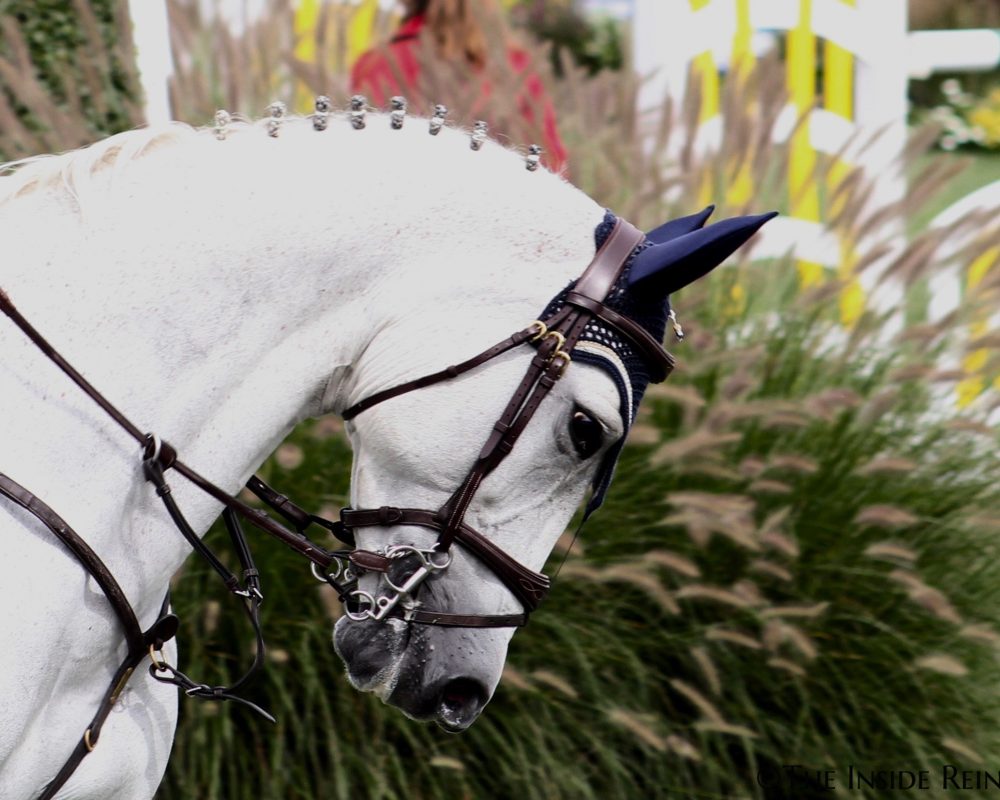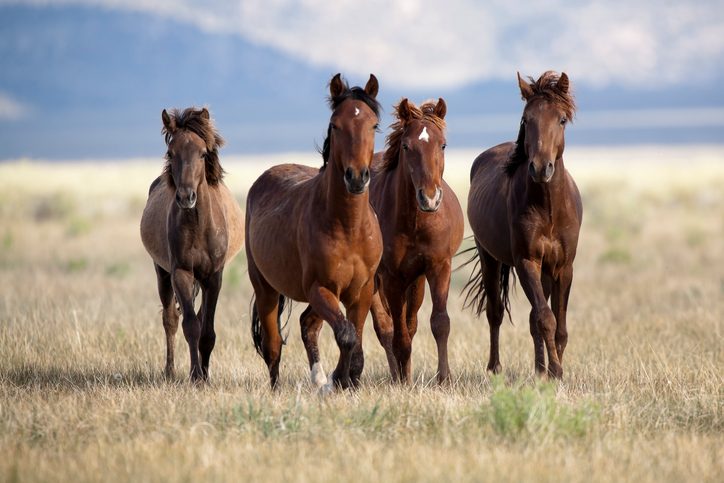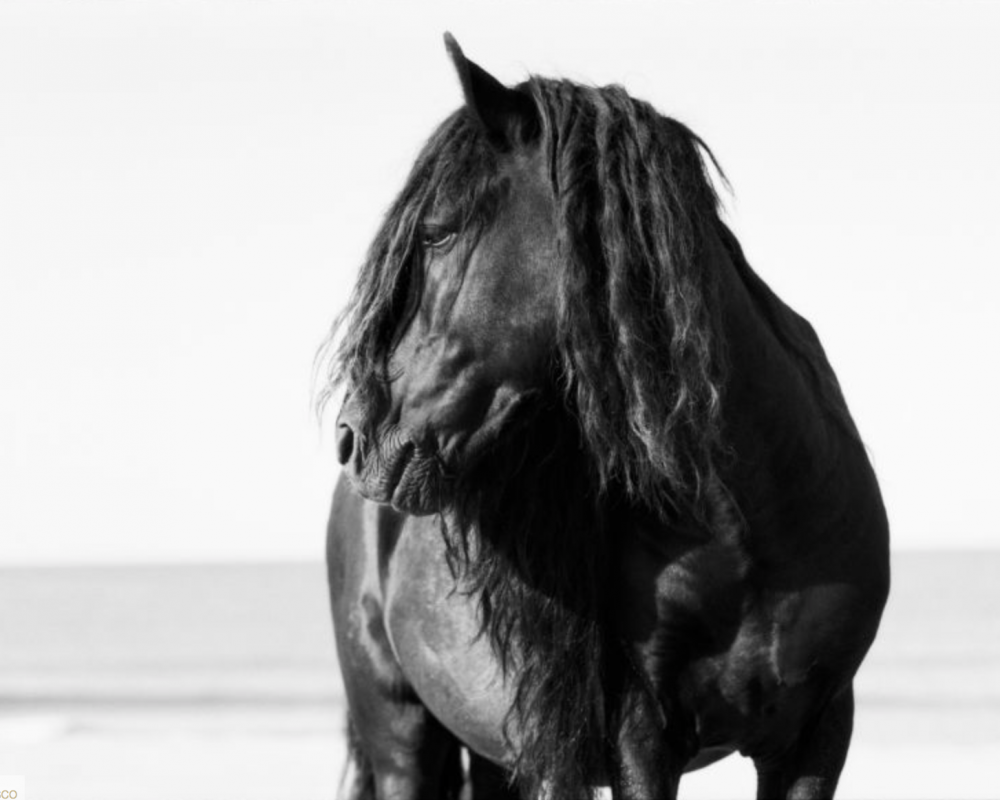The following is a press release from the Nebraska Department of Agriculture confirming the presence of EHV-1 in the state.
Three cases of the Equine Herpes Myeloencephalopathy (EHM) have been confirmed at Fonner Park in Grand Island resulting in State Veterinarian Dr. Dennis Hughes calling for horse owners to use best biosecurity practices.
Samples were collected and sent to the National Veterinary Services Laboratory in Ames, Iowa, where the disease was confirmed. One of the affected horses was euthanized on site while the other two have been isolated on the premises.
The Nebraska Department of Agriculture in cooperation with Fonner Park management has quarantined the horses located at Fonner Park.
Horses located in the Red Barn (where the affected horses were stabled) will not be allowed to race at present time. Racing will continue at Fonner Park with the horses located in the other barns on the premises.
EHM is the neurological form of Equine Herpes Virus (EHV-1). Cases of the diseases have been confirmed at several locations around the country, many of them at horse race tracks or events where horses are co-mingled.
“It is of utmost importance that horse owners and facility managers take appropriate precautions to prevent the spread of this disease,” said Dr. Hughes. “Vigilance is especially important in situations where horses can come into contact with each other. There can be a high susceptibility to the disease where we have horses co-mingling from different regions or states.”
The disease is spread through direct or indirect contact with infected horses, so Dr. Hughes encourages operators of horse shows and exhibitions to review their biosecurity plans and minimize the opportunity for horses to have direct or indirect contact with each other.
Indirect contact includes the use of shared water and feed sources, as well as the use of shared equipment. In addition, Dr. Hughes said he recommends horse owners planning to travel to shows and exhibitions contact the venue prior to transporting their horses to inquire about entrance requirements for the event.
Biosecurity measures horse owners should take at their own operations include requiring individuals to wash their hands before and after contact with each horse, disinfecting boots and changing clothes that come into contact with horses other than their own.
“If possible, horse owners should avoid contact with other people’s horses, and isolate horses returning from shows or exhibitions for 3 to 4 weeks,” said Dr. Hughes. “Owners who will be co-mingling their horses also should consider contacting their veterinarian to discuss their horses’ current vaccination status and weigh the benefits of vaccination.”
EHM symptoms include: fever, decreased coordination, nasal discharge, urine dribbling, loss of tail tone, hind limb weakness, leaning against a wall or fence to maintain balance, lethargy and the inability to rise.
While there is no cure, the symptoms of the disease may be treatable. Additional information can be viewed here.



Leave a Reply